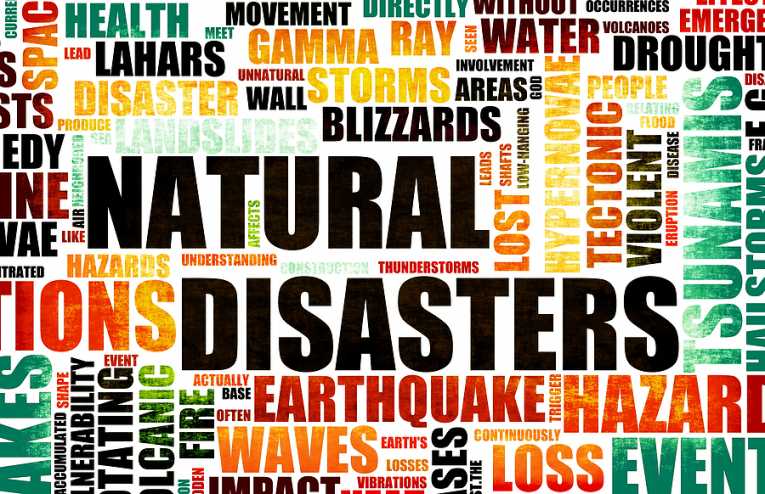Earthquakes and raging floods; unstoppable tsunamis, powerful cyclones and crop-destroying droughts. No, not a roll call of the disasters to strike around the world in 2011, but a list of the perils mapped out in the Natural Hazards Risk Atlas 2011. This annual compendium of disaster is aimed to help planners, NGOs and investors to see where the hotspots of risk lie across the globe. It was released today by Maplecroft, a UK-based risk analysis consultancy.
Given that the first 6 months of the year have racked up a massive toll in lives lost - 22,000 - and economies wrecked - to the tune of $265 billion - the report has a particular timeliness. The idea behind it is to take a cross-section of the most devastating natural events for 196 countries, and then to try to measure how well each country would deal with the shock to both society and economy.
US, Japan and China at extreme econmic risk
The report ranks each country as low, high or extreme risk of severe disruption to either their economy, or to their social cohesion.
Top of the list were 4 countries seen as having an extreme risk of economic loss from disaster striking - the US, Japan, China and Taiwan.
These are countries where large amounts of industrial infrastructure co-exist uneasily with fault-lines, hurricanes, floods and typhoons.
But although those 4 countries stand to lose a lot economically from their relatively frequent disasters, some can be more resilient than others, suggests the report. Japan, for example, is seen to have the strong government, good disaster preparedness and tight building regulations to withstand a disaster without social collapse.
The Philippines, which has far fewer people exposed to typhoon risk than Japan, is at much greater risk of social disruption from a devastating typhoon.
Its institutions are just not 'hardened' enough to withstand such powerful strikes to their economic fabric, think the authors. When ranked by this 'Socio-economic Resilience Index', China, India, the Philippines and Indonesia are all in the high risk group - with Japan and the US in the low risk category.
Bend not break
That suggests that emerging countries need to pay more attention to making themselves more able to bend, and not break, when nature lashes out. ''The emerging economies, although buoyant with growth, lack the socio-economic conditions to limit their disaster risk. This lack of resilience could threaten their economic growth,'' said Professor Alyson Warhurst, of Maplecroft.
It also means that the world as a whole needs to look at how far-off disasters can impact countries remote from them. With emerging and developed countries locked into each other economically like never before, a disaster in one has the potential to echo destructively around the whole global economy. The ongoing ripples of the tsunami in Japan's this March is a classic example of how a disaster for one is disaster for all - on many levels.
Top Image Credit: © kentoh










